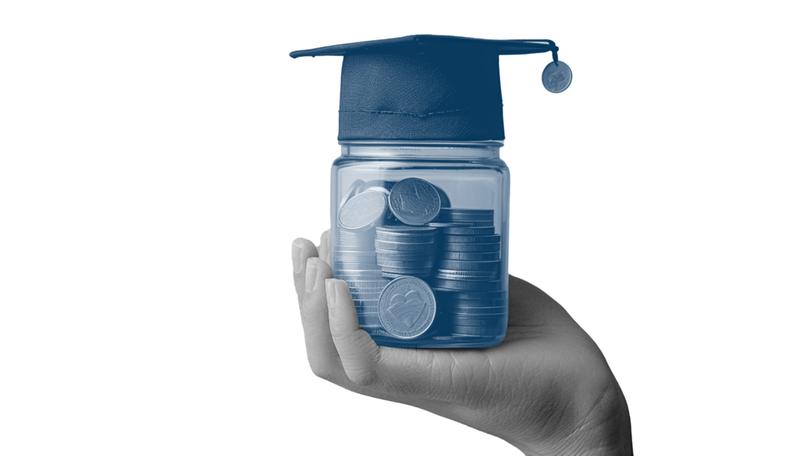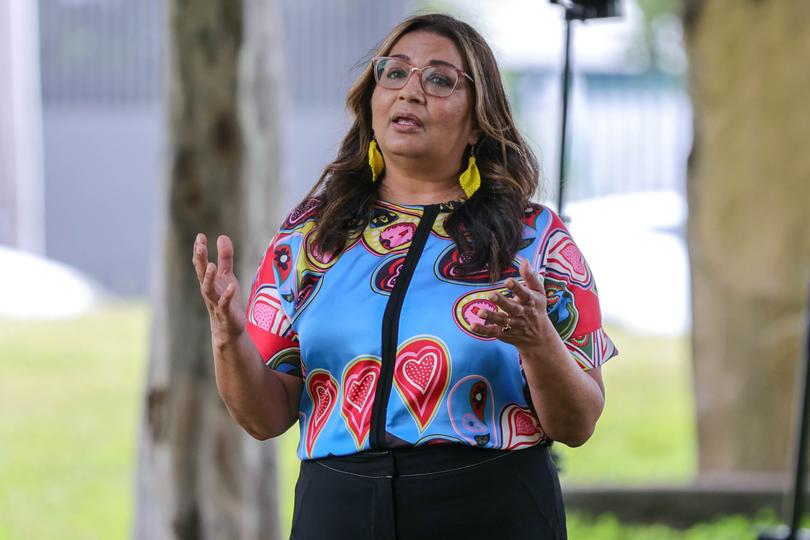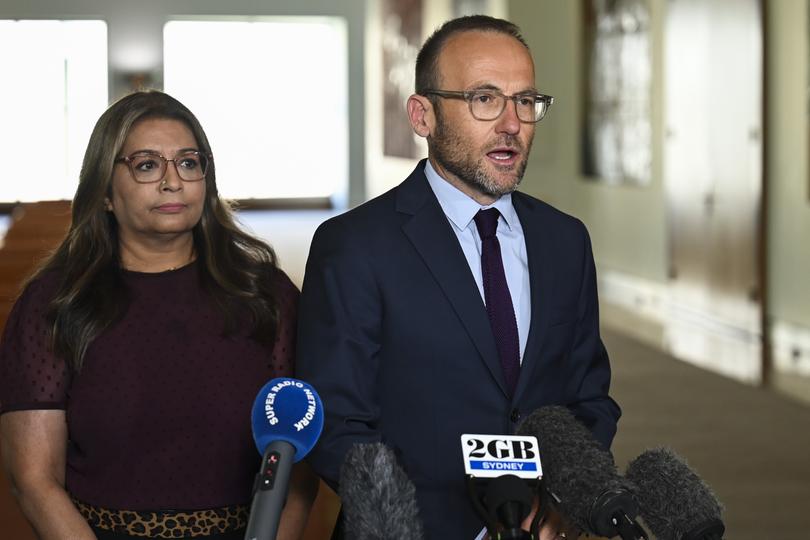JENI O’DOWD: You don’t need a taxpayer-funded maths degree to know Greens’ free university plan doesn’t add up
JENI O’DOWD: You don’t need a taxpayer-funded maths degree to know the Greens’ free university plan doesn’t add up.

Another day, another looney tunes idea from the Greens.
This time, they’re proposing an $81 billion wipe-out of student debt and a free-for-all university and TAFE system, as if real economic policy is one big, fantasy land.
The Greens’ plan comes with a staggering price tag, estimated at $120 billion over the next decade. Their solution? Funding it through their so-called “Robin Hood reforms”, which aim to tax large corporations accused of profiting from price gouging during the cost-of-living crisis.
Sign up to The Nightly's newsletters.
Get the first look at the digital newspaper, curated daily stories and breaking headlines delivered to your inbox.
By continuing you agree to our Terms and Privacy Policy.As if that alone could prop up the weight of such sweeping reforms, plus all the other outlandish Greens election promises, such as universal dental care which would cost nearly $200 billion over a decade.
Talk about grandstanding rather than offering credible solutions.
Mehreen Faruqi, the Greens’ deputy leader and higher education spokesperson, posted on X on Monday that “student debt can’t be fixed because student debt shouldn’t exist.”
The 61-year-old added: “If Anthony Albanese can go to uni for free, so should everyone else.”

What kind of looney logic is this? In the early Eighties, when Albanese went to university, a house in Sydney cost around $76,500 — compared to today’s average of $1.6 million.
A loaf of bread was 54 cents, and a car? Just $6500. Life today is a whole different ball game. Using Albanese’s free uni days as a reason to put the nation into debt in 2025 and beyond is as realistic as expecting house prices to magically drop.
The world has changed, and so have the costs — and we can’t rewind to a different era.
The social post from Faruqi was prompted by the Government’s announcement last week to reduce the average student loan debt of about $27,000 by about $5500.
It also promised to cut 20 per cent from TAFE and apprenticeship loans and raise the minimum income to start repayments by more than $10,000.
While Labor’s policy is reasonable, one of the many problems with the Greens proposal is it would substantially affect all Australians while only benefiting some.
From 1974 until 1989, Australians could attend university for free. The Whitlam government introduced free higher education in 1974, removing tuition fees to make university accessible to everyone.
This policy remained in place until the late 1980s, when, due to budget constraints and growing demand for university places, John Dawkins, the then highly regarded education minister with the Hawke government, introduced the Higher Education Contribution Scheme.
The demand for university education had surged in Australia, driven by economic shifts toward knowledge-based jobs, many young people reaching university age, and increased emphasis on education as a path to better career prospects.
This spike in demand led to new funding models, like HECS, to expand access while ensuring the system remained sustainable.
When Dawkins proposed HECS, about 300,000 students were enrolled in higher education institutions. By 2023, this number had increased substantially, with over 1.6 million students enrolled in Australian universities.
And the Greens think we should pay for this?
Bruce Chapman, an emeritus professor of economics at Australian National University and the person who developed the HECS scheme, described the proposal for free universities as “the most regressive and unfair thing you can do.”
“The reason — and this is true all around the world — is that it is people who come from privileged backgrounds who are most likely to go to university and then typically go on to succeed in the labour market,“ he told The Australian Financial Review.
“If you wanted to do one single thing that was unfair to relatively poor taxpayers, it would be to abolish student debt and to reintroduce so-called free higher education.”

Precisely. The Greens are actually proposing something that would benefit people from privileged backgrounds in a blatant attempt to get the youth vote. But I don’t think young people are that easily fooled.
With the budget for free university alone, we could boost funding for under-resourced hospitals — elective surgery waiting times are at the highest level in 20 years — enhance our public schools, or invest in nuclear energy; tangible improvements that benefit all Australians.
The one clear takeaway from the recent US election is that voters care about economic stability and the cost of living above all else.
Sure, other issues matter, but our political parties should take heed and focus on policies that tangibly reduce grocery bills, make housing more affordable, and ease daily financial pressures — not ones that strain Australia’s economy.
It’s time to be bold and practical. Australia should already be harnessing nuclear power — a logical move that would bring energy security and sustainability.
Instead of proposing social media bans for kids, which they will get around anyway, let’s empower teachers to report bullying to the police and prioritise stricter content regulations and parental controls that block harmful content from reaching children in the first place.
Let’s push councils to allow more medium-density housing and encourage young people to work in the construction industry by making apprenticeship programs attractive to boost housing stock.
Let’s have a debate without all the emotion about Australia’s incredibly high immigration numbers, which have intensified our housing and rental crisis, particularly in our capital cities.
It scares me that a party like the Greens may have a big say in our country’s future if there is a hung Parliament at the next Federal election.
We need leaders with practical vision, not policies straight out of looney tunes.
